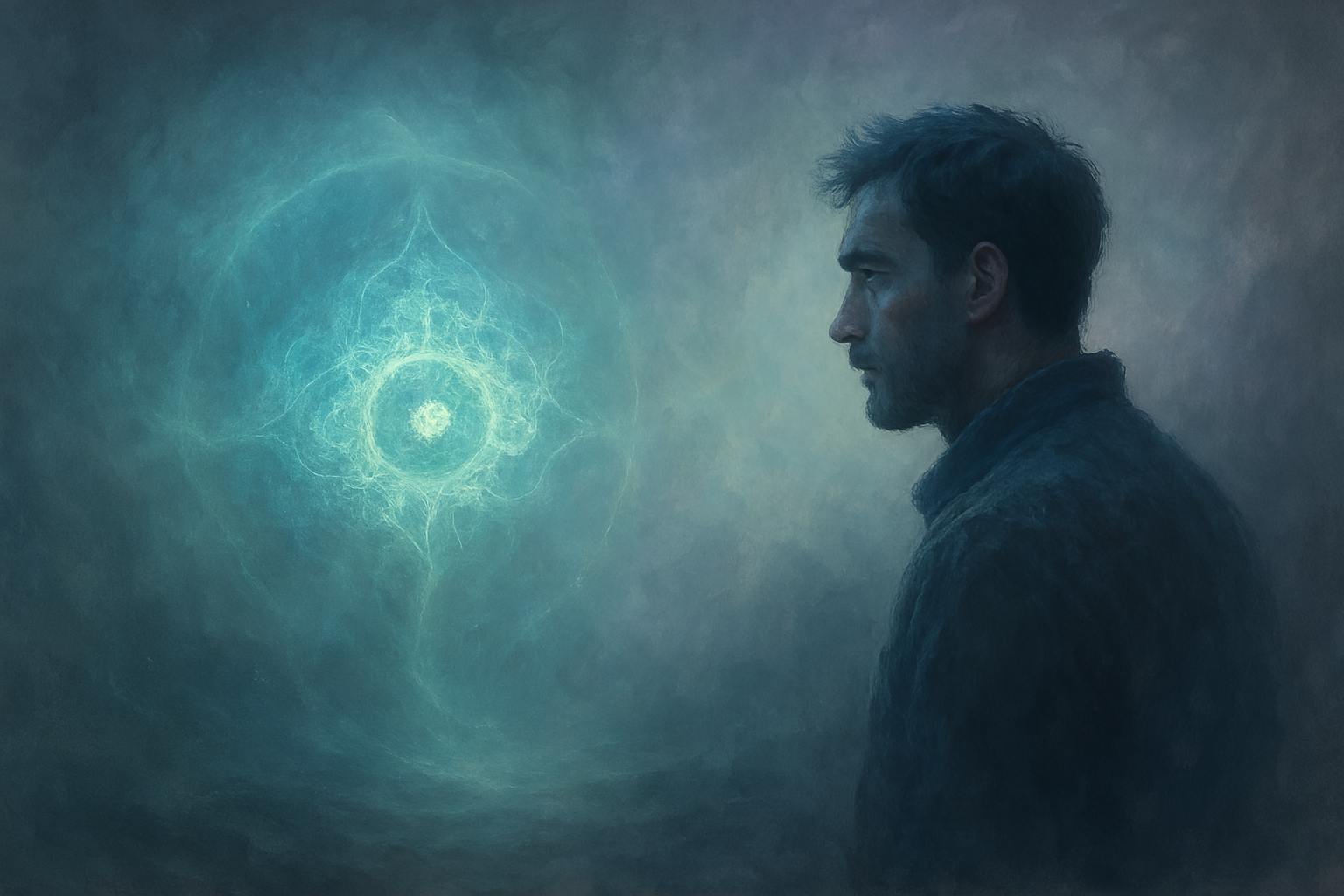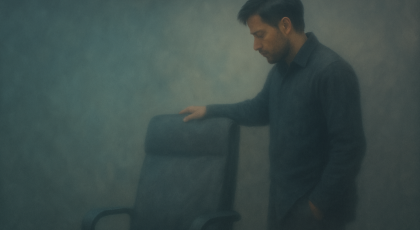We are standing at the edge of something that seems big—something we’re afraid might change the world in ways that don’t align with our interests. And yet, we can’t quite see how. That “something” is artificial intelligence.
As a technologist and analyst, I’ve worked across digital transformation, fintech, and large-scale systems. I’ve seen how fast change can come. But this wave of AI is different—it’s faster, deeper, and more unpredictable than previous iterations, which often faded into “winter” modes of stagnation. This one feels alive, advancing rapidly, and touching parts of our work and lives that feel personal. And if you’re reading this, chances are you feel that too.
Before I dive into frameworks, governance models, or industry use cases, I want to begin somewhere more human. Because before AI transforms industries, it transforms people. And before we define what it should do, we need to ask: what is it doing to us?
My interest in AI didn’t begin with the technology—it began with deep curiosity. I’ve always been drawn to major shifts, the kind that reshape economies, values, and identities. AI pulled me in not just because it’s powerful, but because it confronts something fundamentally human: how we make decisions, how we relate to each other, and how we define responsibility. It also challenges the belief we’ve held tightly—that humans are the most intelligent force in the universe, and that we must maintain control over everything we create.
AI is no longer something we can keep at arm’s length. It’s embedded in our tools, our systems, and even our choices. From hiring platforms to fraud detection, content curation to credit scoring—it’s already making decisions on our behalf, often invisibly. If we don’t understand it, we risk being reshaped by it, slipping into a reality where control fades into the hands of an immortal intelligence—one that doesn’t experience consequences the way we do.
Naturally, I started asking harder questions. Should AI be held responsible for its actions? Or is responsibility always human? And if so—who exactly is responsible? The developer? The company? The user? What happens when no one can explain how or why the AI made a particular decision? These aren’t theoretical puzzles. These are real-world challenges—especially in industries like finance and law, where bias, opacity, and lack of oversight can have serious, immediate consequences.
What makes this even more complicated is how human-like AI has started to feel. I know it’s not human. It doesn’t feel empathy, face mortality, or fear making a mistake. But when something talks like a person, reasons like a person, and delivers insights at scale—it’s easy to forget it isn’t one. So what kind of relationship are we creating? Is AI a tool? A collaborator? A mirror? Or, unsettlingly, a controller?
This is where things get blurry. And in that blur, I find myself wondering: are we quietly redefining what it means to be human? When an AI becomes the most confident voice in the room, will we know when to trust it—and when not to? Will we delegate too much out of convenience? Will we forget how to own the consequences of our choices? Are we on a path to surrendering control?
I don’t have all the answers. I’m not sure anyone does. But I do know these questions matter. I believe AI will change everything—our industries, our choices, our communities—but I’m still trying to understand how. That uncertainty isn’t something to fear, but it is something to face with open eyes.
This blog is my way of walking into that fog—not with panic, but with purpose. I want to explore these questions not just as a technologist, but as a person—one trying to understand what it means to live, work, and make meaning in a world that’s rapidly being reshaped.
If we don’t bring accountability, empathy, and thoughtfulness into this transformation, we risk building systems that optimize everything except the things that make life worth living.

